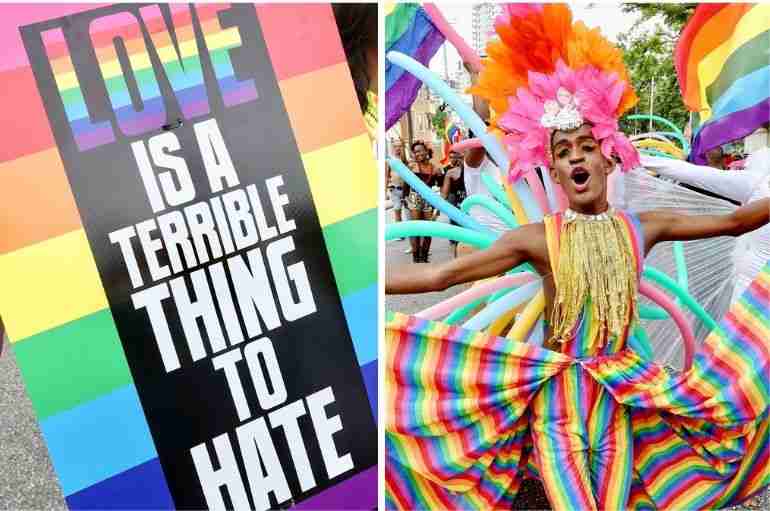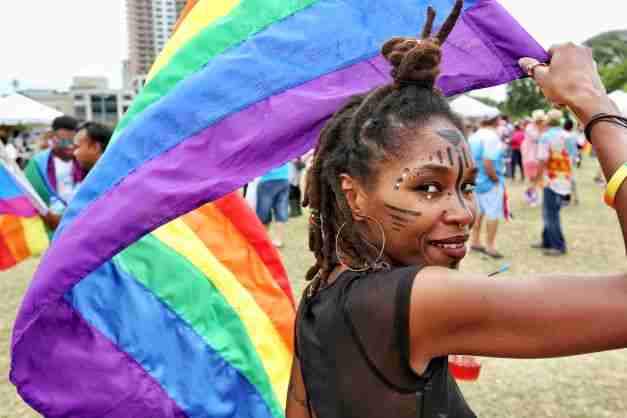Consensual Same-Sex Sexual Activity Is No Longer A Crime In Antigua And Barbuda
Antigua and Barbuda’s high court has ruled that criminalizing consensual same-sex acts is unconstitutional.

Antigua and Barbuda’s high court has ruled that criminalizing consensual same-sex acts is unconstitutional.
In Antigua and Barbuda, a British colonial-era law that banned “buggery” and “indecency” influenced the Sexual Offense 1995 Act banning same-sex acts, according to the BBC.
The court determined on July 5 that the law cracked down on people’s individual rights such as freedom of expression and privacy.

Individuals can be given a 15 year prison sentence for performing same-sex acts in the country, but other Caribbean nations, such as Barbados, could sentence people for life.
The case was brought forward by a gay man and two human rights groups, including Women Against Rape and Eastern Caribbean Alliance for Diversity and Equality (ECADE).
Activist have said that although the ruling is rarely enforced, it marginalizes and discriminates LGBTQ people.
“Homophobia is very pronounced here. I just hope people will soon start to have a greater understanding of sexual and gender identity,” said an Antigua and Barbuda senator, Aziza Lake, according to the BBC.
Activists hope the ruling will cause other Caribbean nations to overturn their anti-gay legislation.
“We are very much hoping the Antigua ruling will prompt other legal systems in the Caribbean to review their laws and policies, and how they impact on vulnerable populations,” the President of Women Against Rape, Alexandria Wong, told the BBC.
ECADE said other constitutional lawsuits over LGBTQ rights in Barbados, St Kitts and Nevis and St Lucia may conclude before the end of the year.





